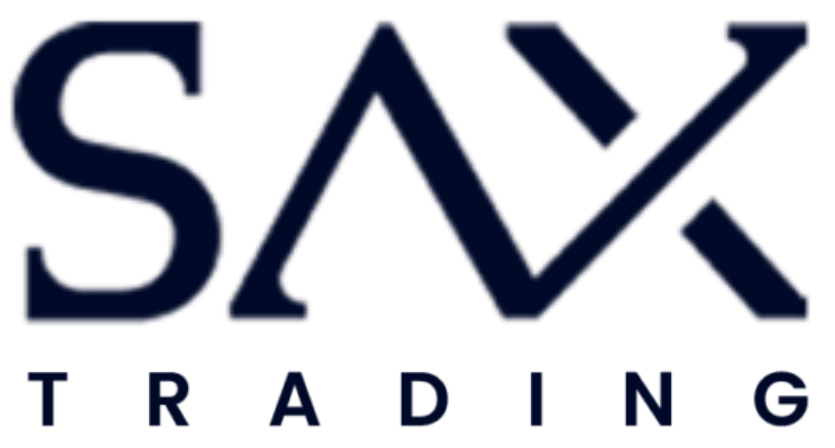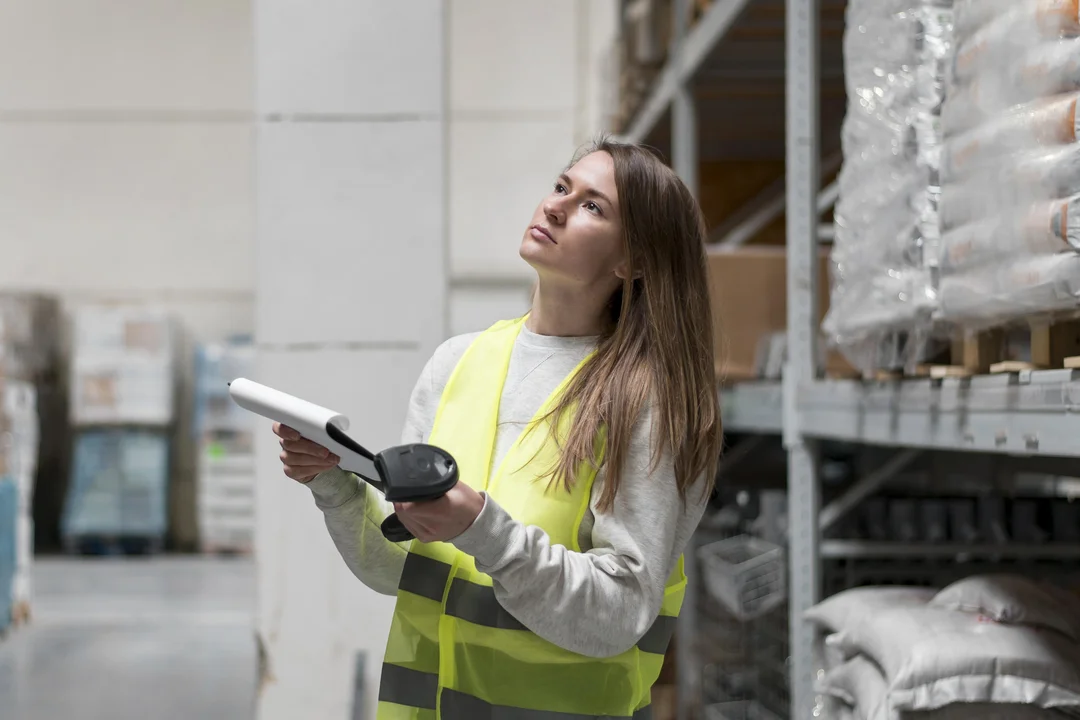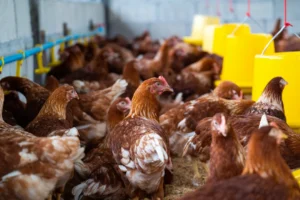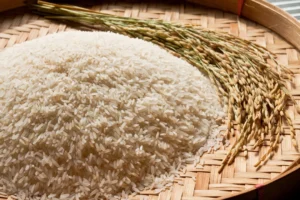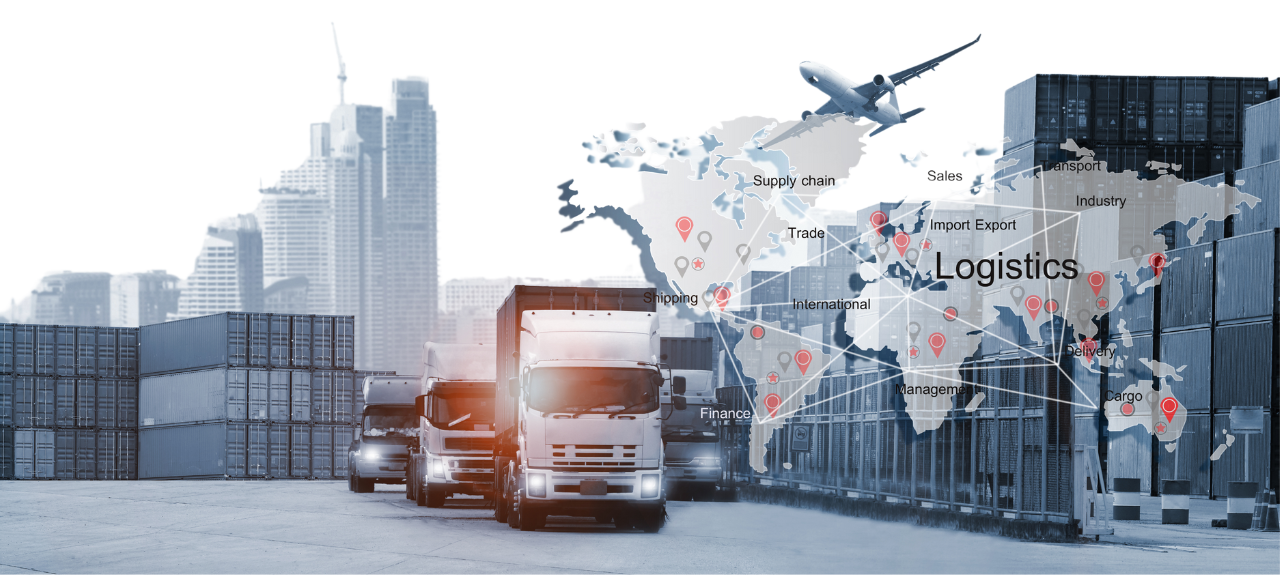In the agricultural commodities sector, quality and standards play a crucial role in ensuring the safety, consistency, and marketability of products. As global trade expands, the requirements for quality and standards are becoming increasingly stringent, driven by regulatory bodies, consumer expectations, and industry best practices. Understanding and meeting these requirements is essential for businesses to maintain competitiveness and build trust with their customers. In this post, we will explore the importance of quality and standards in agricultural commodities trade and discuss the key requirements businesses must meet.
Quality standards in the agricultural commodities sector encompass a wide range of factors, including product safety, nutritional content, purity, and traceability. These standards are set by regulatory agencies, industry organizations, and international bodies to ensure that products meet specific criteria and are safe for consumption. Adhering to these standards is not only a regulatory requirement but also a critical factor in maintaining customer trust and satisfaction.
The demand for high-quality agricultural commodities is driven by consumers who are increasingly conscious of the safety and origin of their food. As a result, businesses must implement rigorous quality control measures and obtain relevant certifications to demonstrate their commitment to quality. By doing so, they can differentiate themselves in the market, access new customer segments, and build long-term relationships with buyers.
Regulatory Requirements
Regulatory requirements for quality and standards in agricultural commodities trade are set by government agencies and international bodies. These requirements ensure that products are safe for consumption and meet specific criteria for purity, nutritional content, and traceability. Compliance with these regulations is mandatory for businesses that want to operate in global markets.
For example, the European Union has strict regulations on pesticide residues, contaminants, and labeling for agricultural products. Similarly, the United States has the Food Safety Modernization Act (FSMA) that sets standards for food safety and quality. Businesses must stay informed about the regulatory requirements in their target markets and implement necessary measures to ensure compliance. Failure to meet these requirements can result in product recalls, fines, and loss of market access.
Industry Standards and Certifications
In addition to regulatory requirements, industry standards and certifications play a vital role in ensuring the quality of agricultural commodities. Certifications such as GlobalGAP, ISO 22000, and HACCP (Hazard Analysis and Critical Control Points) provide a framework for businesses to implement best practices in food safety and quality management. These certifications are recognized globally and can enhance a company’s reputation and marketability.
Obtaining industry certifications requires businesses to undergo rigorous audits and demonstrate compliance with specific standards. This process involves implementing robust quality control measures, maintaining detailed records, and continuously monitoring and improving processes. While achieving certification can be resource-intensive, the benefits include increased customer trust, access to new markets, and a competitive advantage in the industry.
Consumer Expectations
Consumer expectations for quality and standards in agricultural commodities are higher than ever. Today’s consumers are more informed and concerned about the safety, origin, and environmental impact of their food. They seek products that are not only safe and nutritious but also ethically and sustainably produced. Meeting these expectations is crucial for businesses to build brand loyalty and attract discerning customers.
To address consumer expectations, businesses must implement transparent and traceable supply chains. This includes providing detailed information about the origin of products, production methods, and quality control measures. Leveraging technology such as blockchain can enhance traceability and provide consumers with verifiable information about the products they purchase. By prioritizing transparency and quality, businesses can build trust and differentiate themselves in a competitive market.
Continuous Improvement
Continuous improvement is essential for maintaining high standards of quality in the agricultural commodities sector. This involves regularly reviewing and updating quality control measures, staying informed about industry trends and regulatory changes, and investing in new technologies and practices. By fostering a culture of continuous improvement, businesses can ensure that they consistently meet and exceed quality standards.
In addition to internal improvements, businesses should engage with industry organizations, participate in certification programs, and collaborate with stakeholders to stay at the forefront of quality and standards. This proactive approach can help businesses anticipate and adapt to changes in the market, enhance their reputation, and build long-term success.
Conclusion
Quality and standards are critical components of the agricultural commodities trade, ensuring the safety, consistency, and marketability of products. By understanding and meeting regulatory requirements, obtaining industry certifications, and addressing consumer expectations, businesses can build trust, access new markets, and maintain competitiveness in the global market. Continuous improvement and a commitment to quality are essential for long-term success in the agricultural commodities sector.
At Sax Trading LLC, we are dedicated to upholding the highest standards of quality and compliance. Our rigorous quality control measures and industry certifications ensure that our products meet the stringent requirements of our partners and customers. Request a quote today and discover how our commitment to quality can benefit your business.
